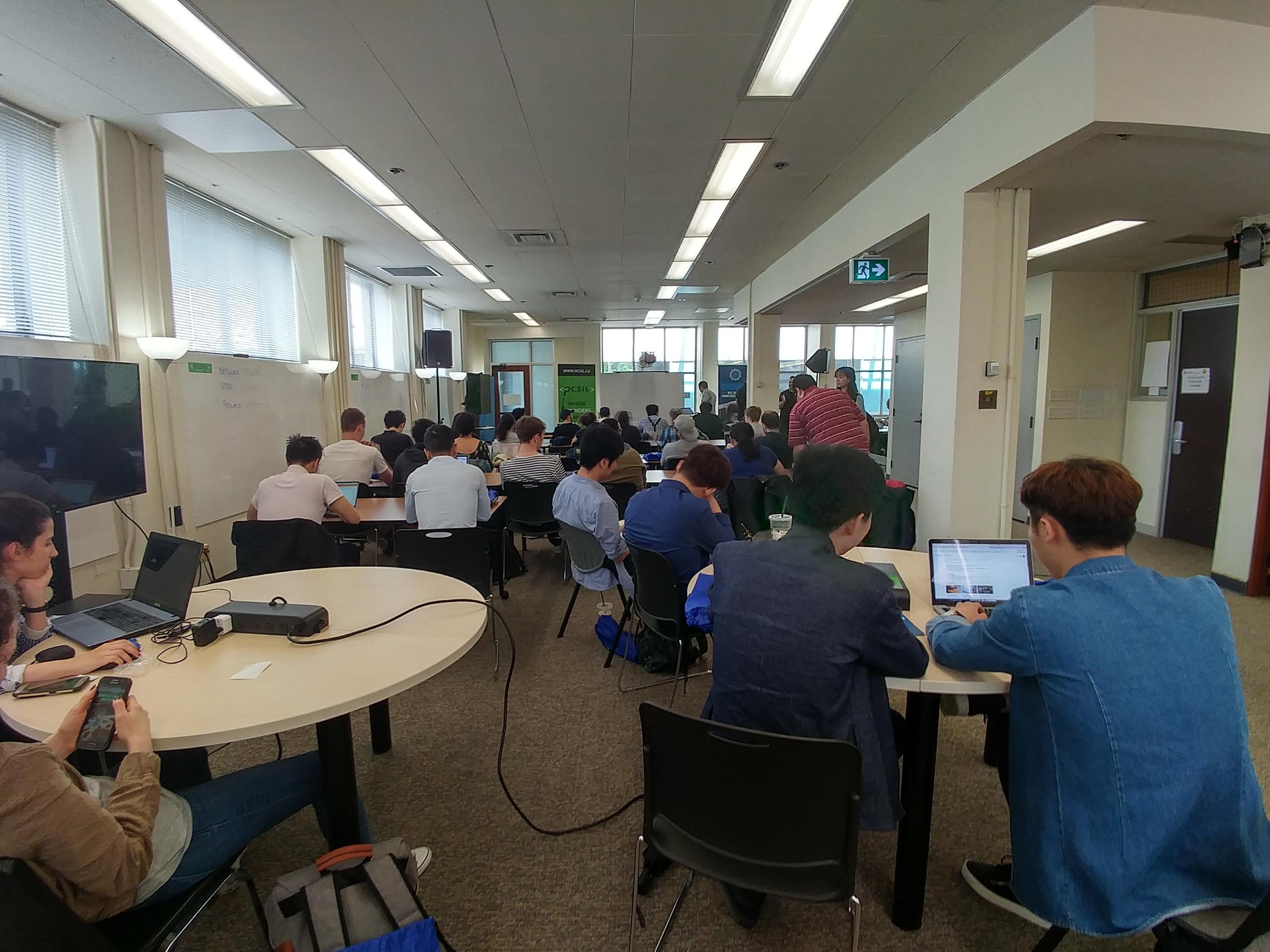Apply as a Student
These courses are balloted, which means you need to submit an application.
You will need a PDF of your most recent unofficial transcript from ROSI/Acorn (i.e. a full academic history), a PDF of your up-to-date resume/CV and answers to a set of ballot courses.
What are we looking for?
Typically students who are accepted have:
- Passion
- A learn-as-you-go attitude
- Usually have a good GPA, although there is no set minimum
- Have software experience for CSC491/2600
- Show entrepreneurial drive
- Willing to present complex and novel ideas








